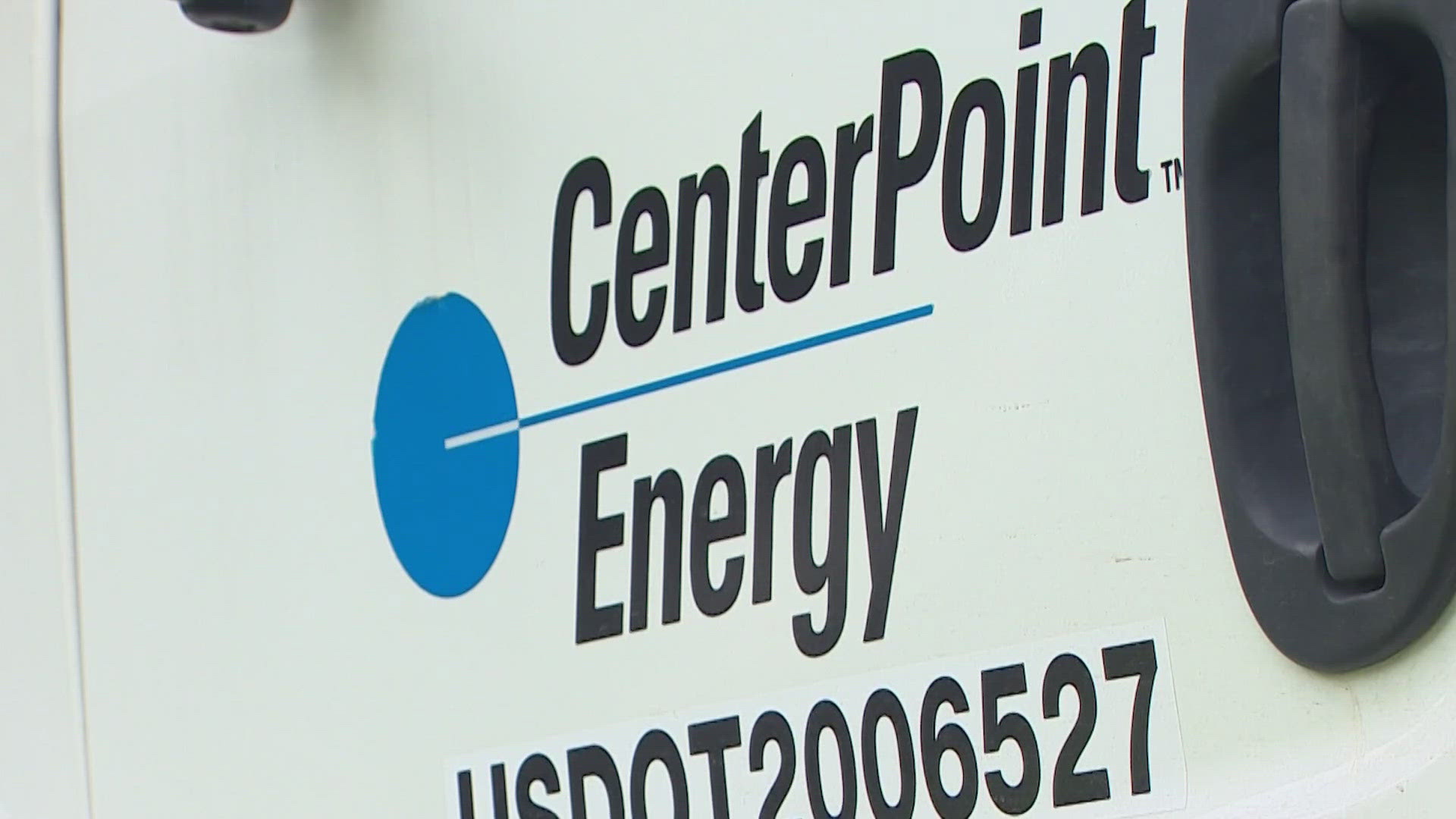HOUSTON — As CenterPoint hooks up the last of its powerless customers, how much could you be on the hook for the company’s storm recovery costs?
From all the damaged equipment to all the workers hired to replace it, storms are expensive.
But that’s not all.
"Storms can be moneymakers," KHOU 11 energy analyst Ed Hirs said.
Moneymakers for electric utilities like CenterPoint Energy, which monopolizes the area they serve.
"As a matter of public policy, we don’t want them going broke. Who’s going to take it over?" Hirs said. "And so we allow them a rate of return."
Hirs said it’s a profit negotiated with state regulators and historically that rate of return has hovered around 10% on capital investments, such as new wires and poles and other equipment needed for the transmission and distribution of electricity.
But Hirs said what is not as profitable for electric utilities are the costs of routine maintenance.
"If I spend $1 on prevention, tree maintenance, cutting the trees down, I make two or three cents," Hirs said. "But if I spent $100 on disaster recovery, I'm going to make a significantly much greater profit. Therefore, we (utilities) kind of wait for disaster to strike."
After disaster strikes, utilities go through a regulatory process with the Public Utility Commission of Texas to try to recoup storm recovery costs (including a rate of return) by passing them along to customers’ monthly bills.
In past disasters, such as Hurricane Ike, the monthly increases could go on for years.
"So the customer may end up paying $1, $2, $3 (per month), it depends on how much CenterPoint decides this cleanup cost will be," said Sandra Haverlah, President of the Texas Consumer Association.
While CenterPoint has yet to officially tally up the cost for the derecho in May and Hurricane Beryl, the credit rating agency Fitch Ratings estimates it could likely climb north of $1 billion.
"So every single time a storm comes now, CenterPoint turns around and says, 'OK, customers, here's another $2 on the bill,'" Haverlah said. "And we're starting to question when does that become too much?"
Haverlah said it’s even more important to question given that CenterPoint, a for-profit, investor-owned utility, is under scrutiny for mishandling the response to Hurricane Beryl.
Gov. Greg Abbott put CenterPoint on notice that there could be serious consequences if the company does not meet his demands for immediate improvement.
"I will demand that the Public Utility Commission reject CenterPoint's request to recover a profit in its pending request before the Public Utilities Commission," Abbott said during a recent news conference.
A CenterPoint spokesperson provided the following statement:
"We have work underway to address the Governor’s requests and are committed to collaborating with the state, local government, regulators, and community leaders to increase the resiliency of the electric grid. This work is integral to ensuring that we are creating and sustaining an environment in Texas where people want to live and build their businesses."

